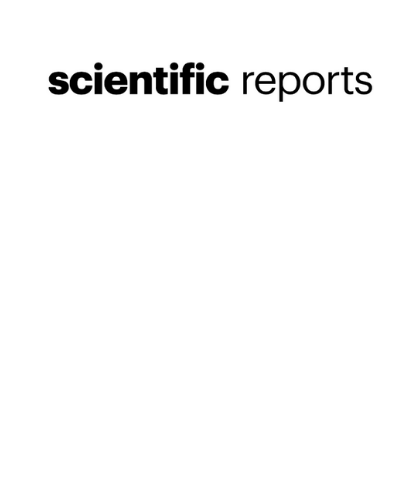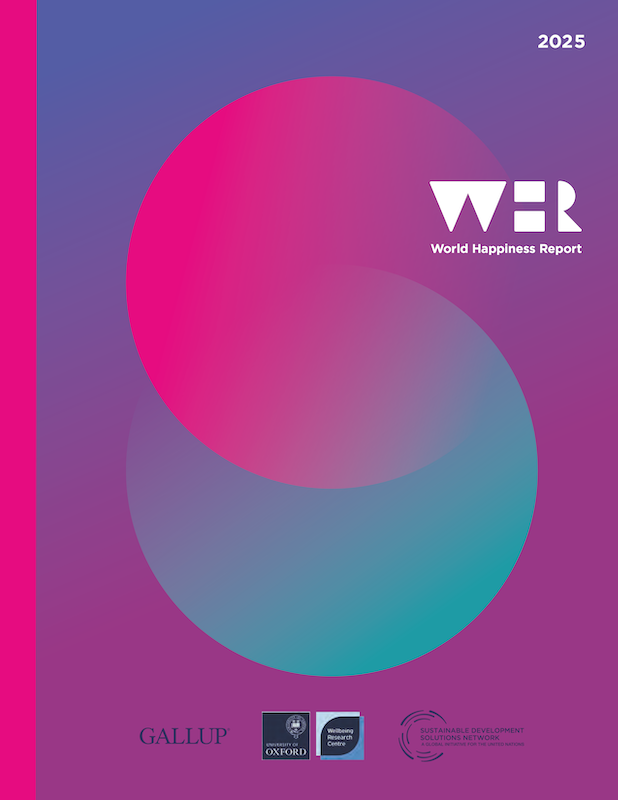
The SDGs and Human Well-Being: a Global Analysis of Synergies, Trade-offs, and Regional Differences
Nature Scientific Reports
Jan-Emmanuel De Neve & Jeffrey D. Sachs
Abstract
This paper explores the empirical links between achieving the Sustainable Development Goals (SDGs) and subjective well-being. Globally, we find that in terms of well-being, there are increasing marginal returns to sustainable development. Unpacking the SDGs by looking at how each SDG relates to well-being shows, in most cases, a strong positive correlation. However, SDG12 (responsible production and consumption) and SDG13 (climate action) are negatively correlated with well-being. This suggests that in the short run there may be certain trade-offs to sustainable development, and further heterogeneity is revealed through an analysis of how these relationships play out by region. Variance decomposition methods also suggest large differences in how each SDG contributes to explaining the variance in well-being between countries. These and other empirical insights highlight that more complex and contextualized policy efforts are needed in order to achieve sustainable development while optimising for well-being.




